32 tips for drinking less alcohol
Thinking about drinking? These are the simple tips for drinking less alcohol that can help you cut back


Looking for tips to drink less alcohol? You're not the only one, given that millions of people have started to think about alcohol a little differently in the last few years.
While the general advice is everything in moderation, even just a few drinks can have an untold impact on mental and physical health in both the short and long term. After one or two drinks, you may notice you don't sleep as well, which has a follow-on impact the next day. Months or years of regular heavy drinking are associated with serious adverse health conditions, including cancer.
There are easy steps you can take to cut down on your alcohol intake and experience the benefits of a lower-alcohol life. However, these tips are for those looking to cut down on their alcohol intake. If you are concerned with how much you are drinking and think you may have a problem with alcohol, speak to your doctor.
32 tips for drinking less alcohol
1. Set your limits

Think about your tolerance for alcohol when deciding how much to drink. Do you normally feel fine after just two drinks but three has an impact? Then set your limit to one alcoholic drink and choose soft drinks for the rest of the evening.
Whatever you do, respect your own boundaries and don't push yourself past your limits. Alcohol helps us let our guard down but it's also incredibly moreish, so it's unlikely you'll want to stop at just two if you're used to having three or four.
2. Have a lower ABV drink
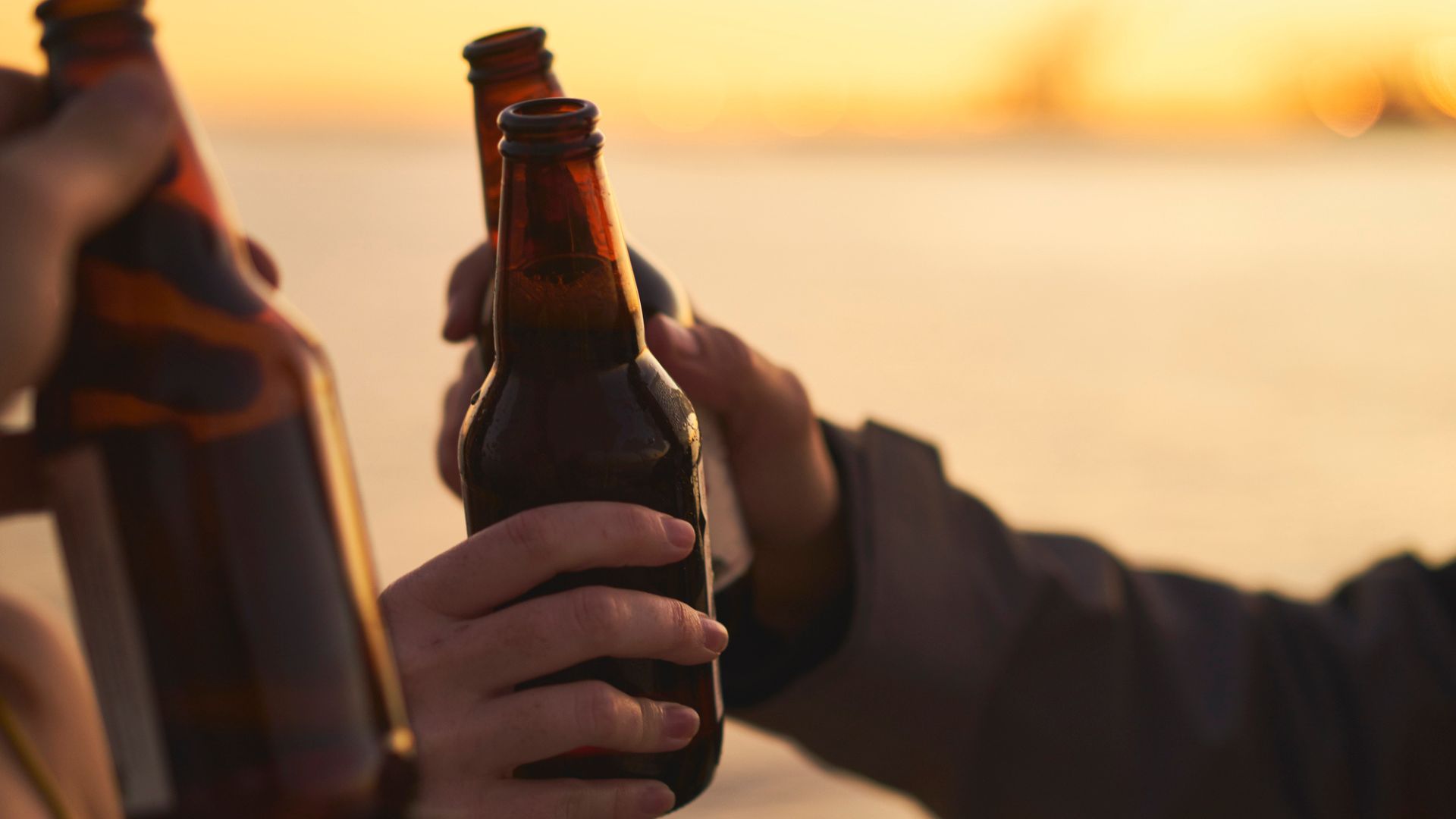
ABV stands for alcohol by volume and it's the percentage of alcohol in the drink. Opting for a low percentage alcoholic drink (no more than 1.2%) can help you experience all the social benefits of drinking without the alcohol to match.
With the popularity of alcohol alternatives like Lucky Saint and Days Brewing beers in recent years, many pubs, bars, and restaurants offer low and no-alcohol drinks as standard.
Sign up to our free daily email for the latest royal and entertainment news, interesting opinion, expert advice on styling and beauty trends, and no-nonsense guides to the health and wellness questions you want answered.
3. Count your drinks
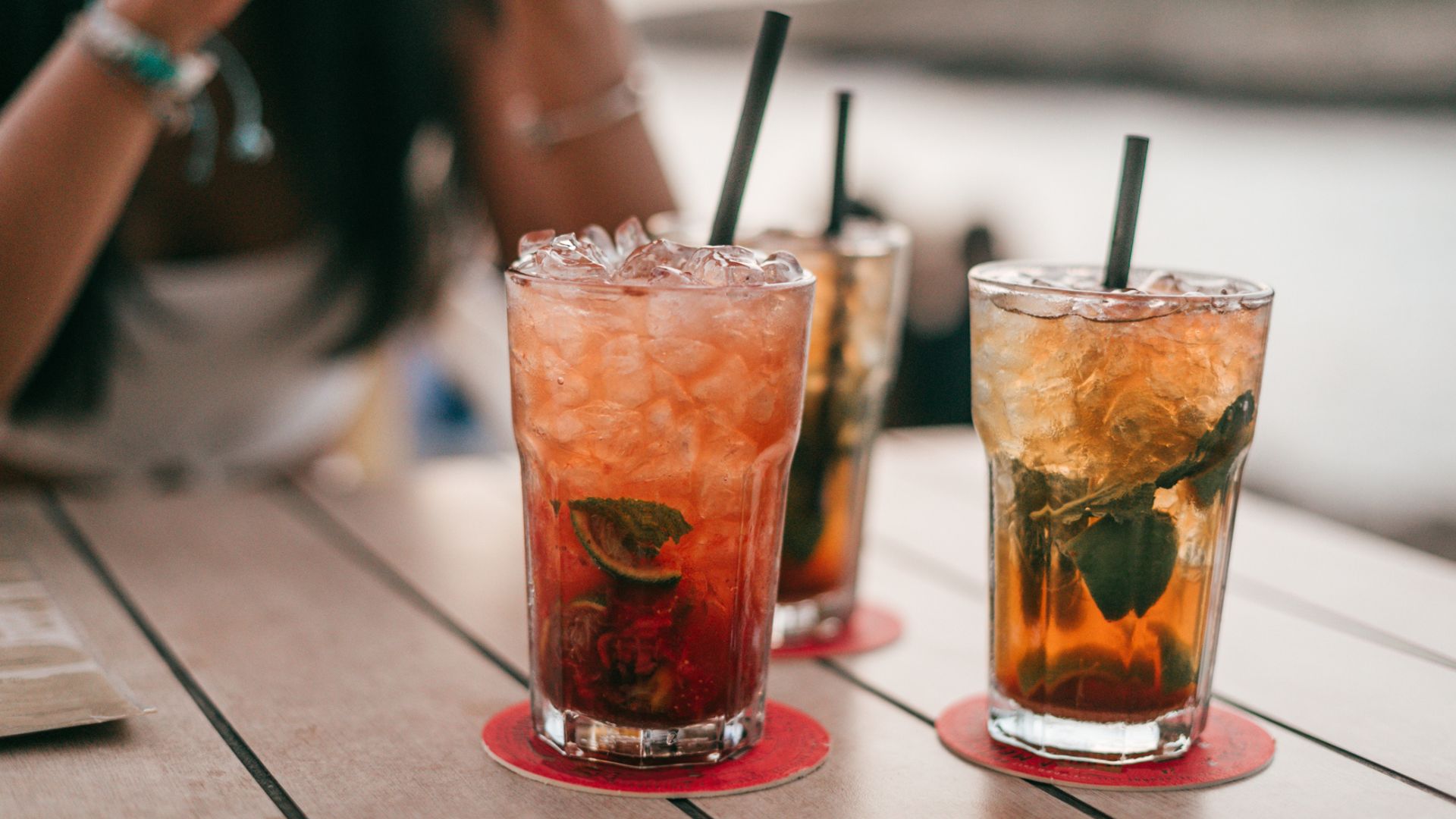
To keep an idea of how many drinks you're having and to enforce your own limits, you need to write it down. Often, especially if you're having more than three drinks, it's easy to forget.
Use the 'notes' app on your phone or download a specific app for counting drinks. Once you've hit your pre-determined limit, stick to it and don't have any more to drink.
4. Tell your friends and family you're cutting back

Socialising with friends and family can be one of the biggest triggers for wanting to drink. So often alcohol is involved with socialising, and it can be difficult to see an afternoon or evening with others without a drink.
However, if you tell your friends and family that you're not drinking in advance, it will be easier. Not only will they not offer you an alcoholic drink, putting pressure on you to say yes, but you will feel like you shouldn't have one to keep your word.
5. Know your triggers
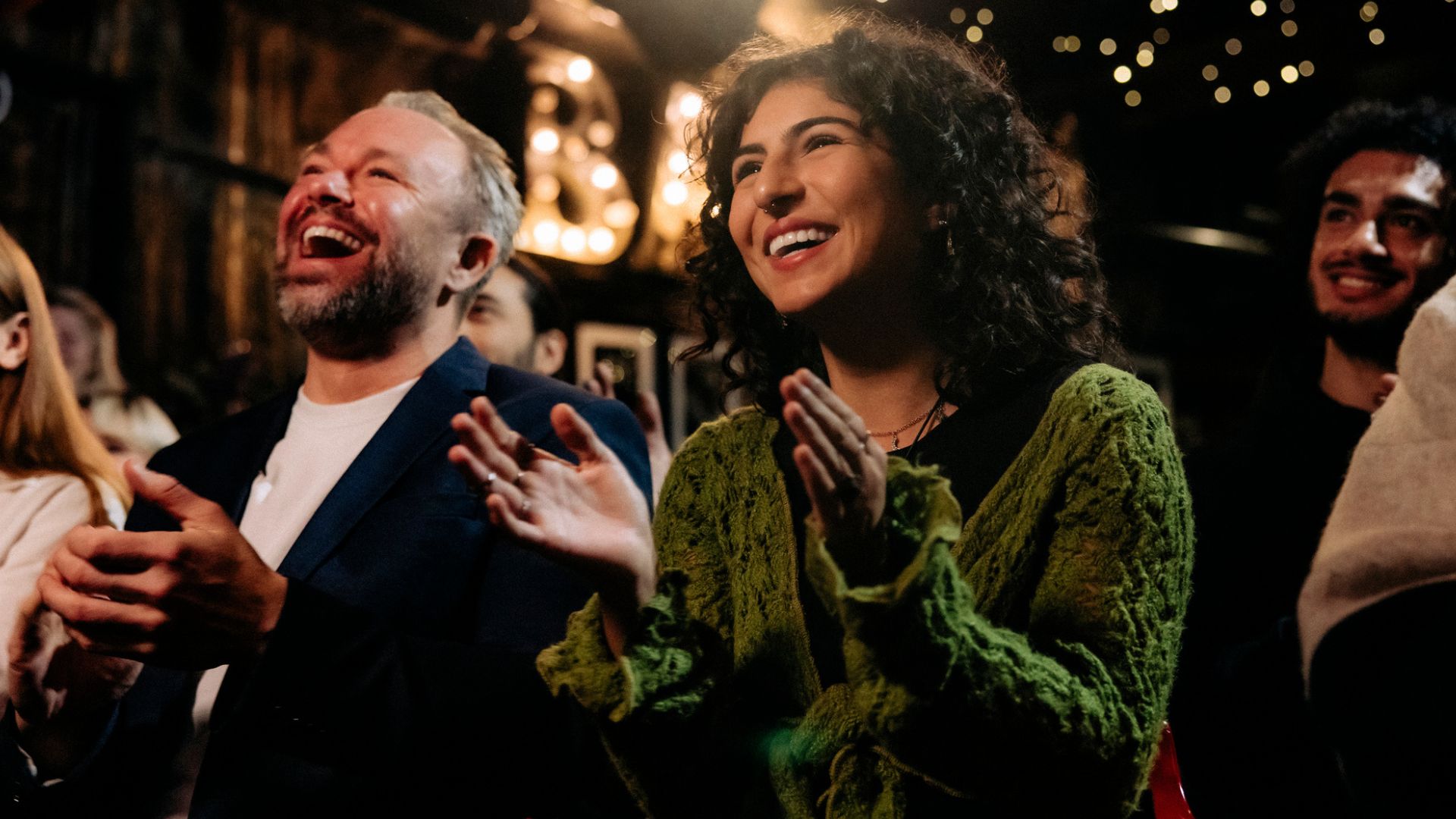
It's very important to understand which situations and people trigger a craving for alcohol, whether through enjoyment or stress. For example, if you go to concerts regularly and always have a drink while watching the act or band then you may want to take a break from going to these for at least a few weeks.
Giving yourself a few weeks break from your triggers, just until you feel confident not drinking alcohol like you normally would, may help you cut back.
6. Cut back one day at a time
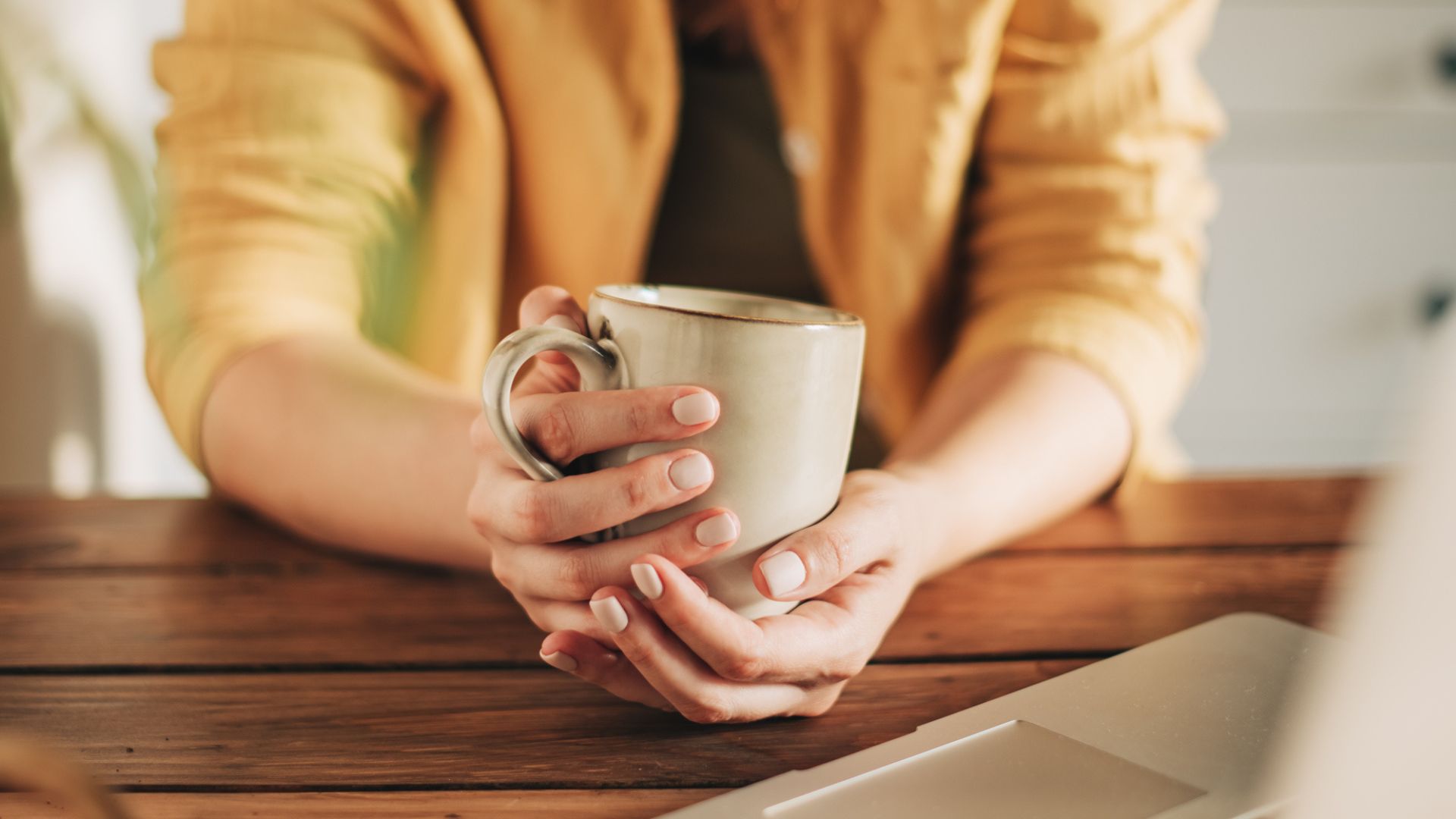
When trying to lower your alcohol intake, it's a good idea to do it one day at a time. It'll feel easier having one less drink than going totally tee-total and you may not miss it so much from your day.
Not only that - if you drink quite a lot normally and you suddenly start drinking nothing at all, there may be some side effects. Many people report trouble sleeping when they first cut back or stop drinking alcohol altogether.
7. Have a smaller drink
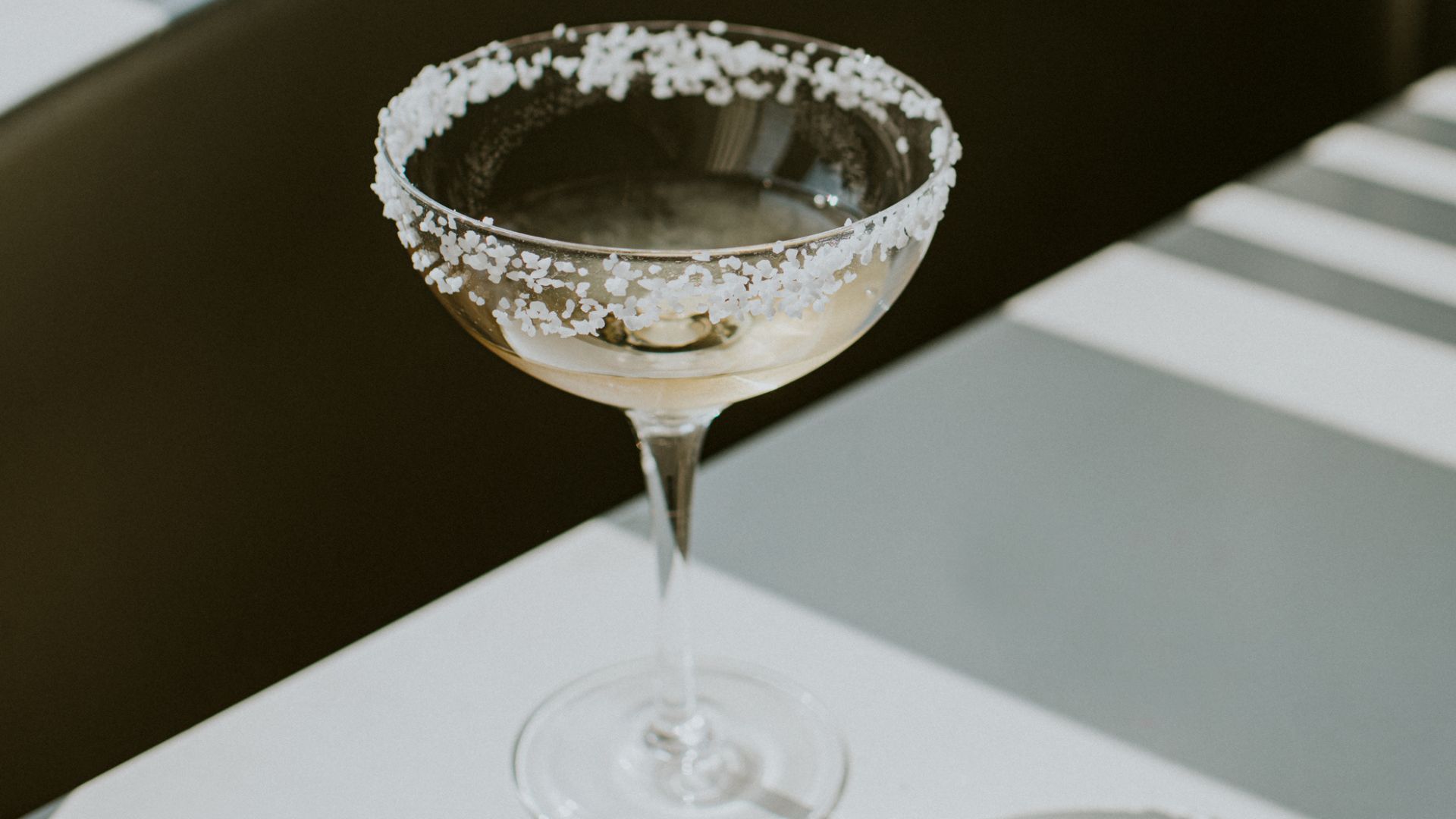
Just as decreasing your plate size can help you monitor your portions, having your drinks from a smaller glass may help you to drink less.
This comes with a caveat, however. Many drinks are in smaller glasses because they have a higher alcohol percentage (ABV), such as cocktails and other liquor-based drinks so opt for standard-strength wines and beers with this approach.
8. Stay hydrated
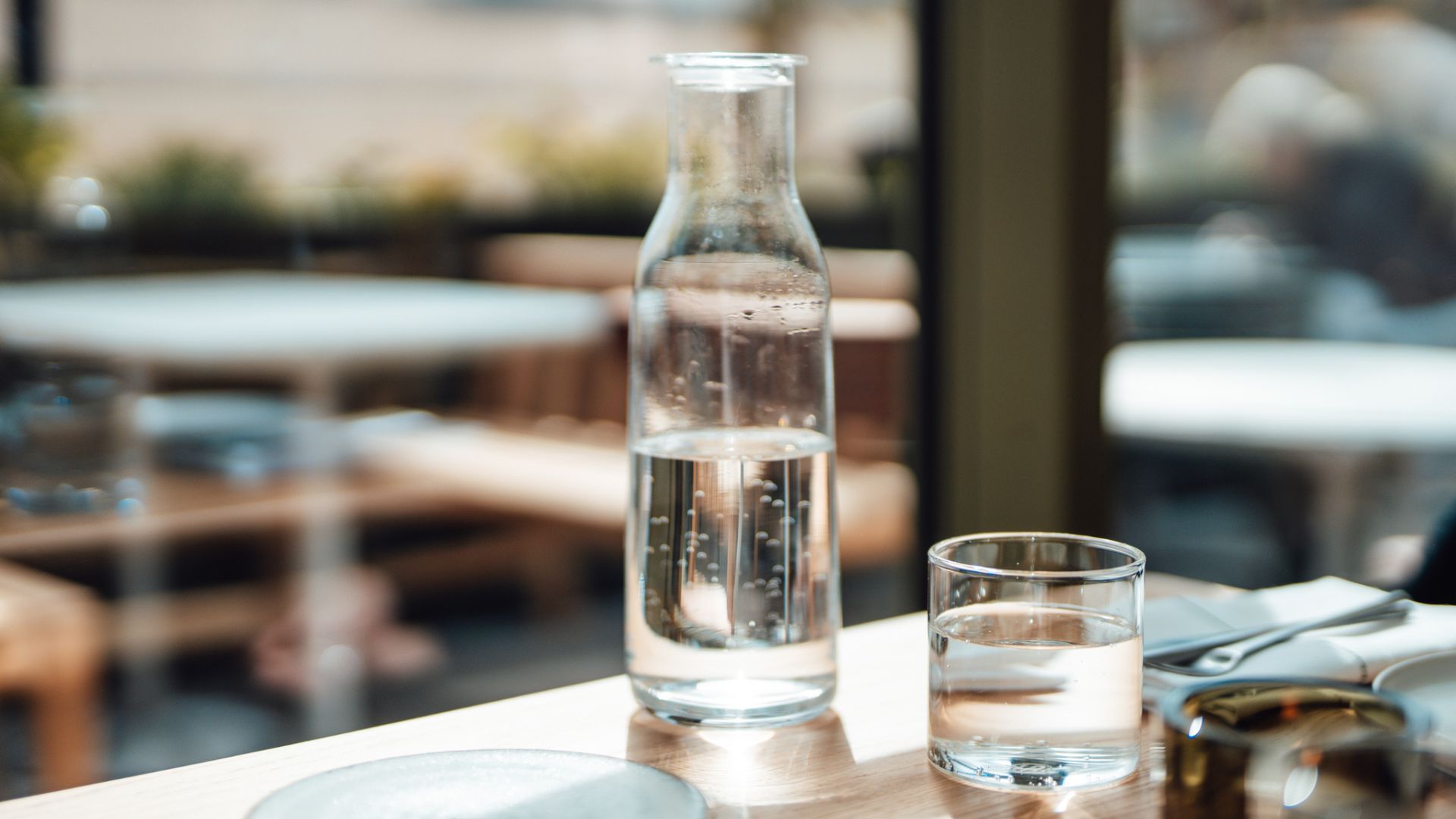
Alcohol is a diuretic, meaning it dehydrates you and makes you crave hydration. So, it's important to drink plenty of hydrating fluids when you're drinking alcohol, otherwise you could end up drinking more alcohol to compensate.
One approach is to have a glass of water alongside every drink. That way, you can swap between them and you'll stay hydrated.
9. Take some days off drinking
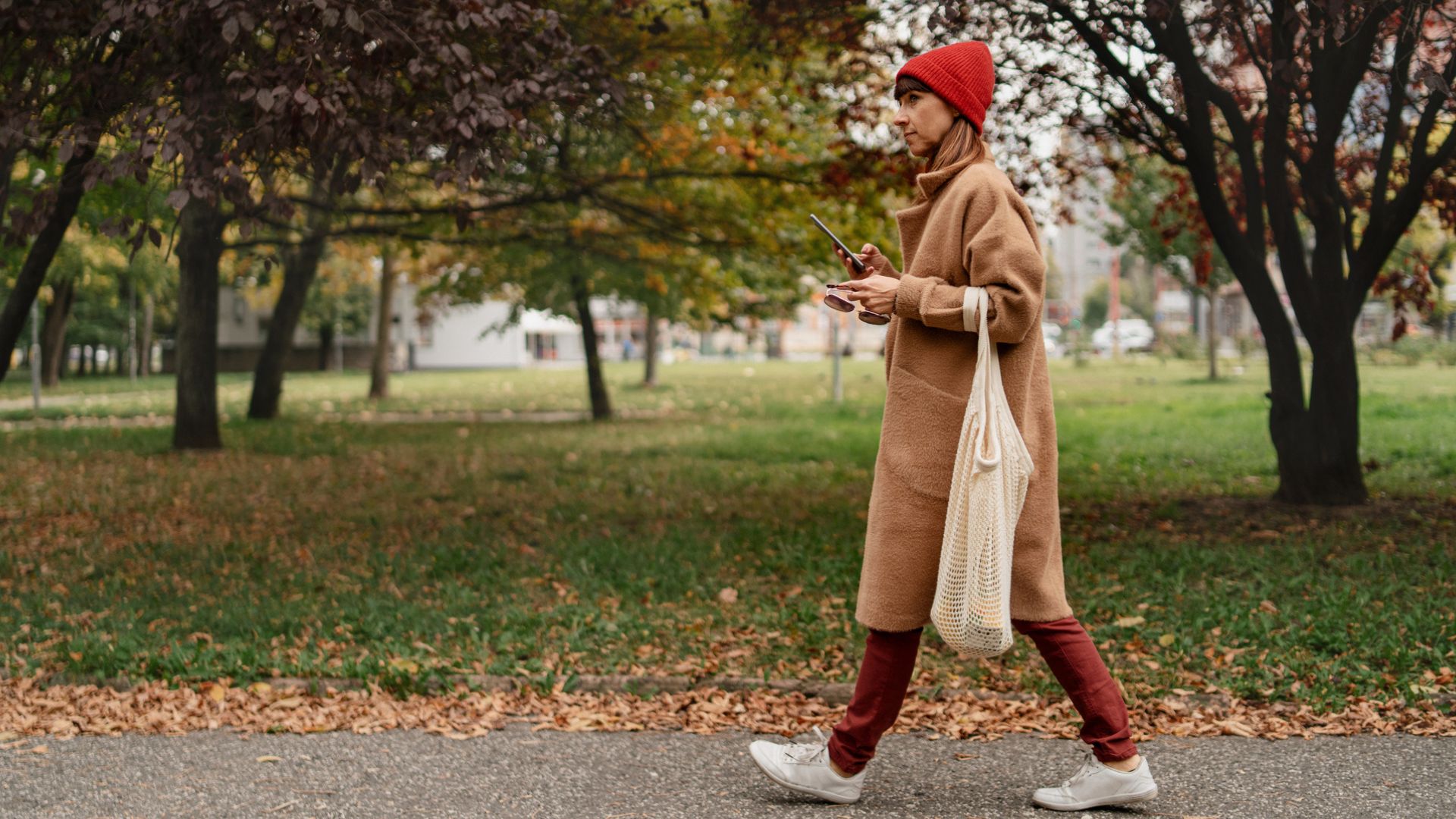
Initiatives like Dry January and Sober October are so successful in helping many people cut down on alcohol because they encourage a 'circuit breaker'. This is time off drinking where you've made a commitment to look for alternatives and find other ways to enjoy yourself.
It could be a few days, weeks, or even months. Research by the Priory, a UK provider of mental healthcare, suggests that most people don't feel the benefits of quitting alcohol for the first two weeks - after that, they tend to sleep better and feel more hydrated.
10. Stay out of rounds
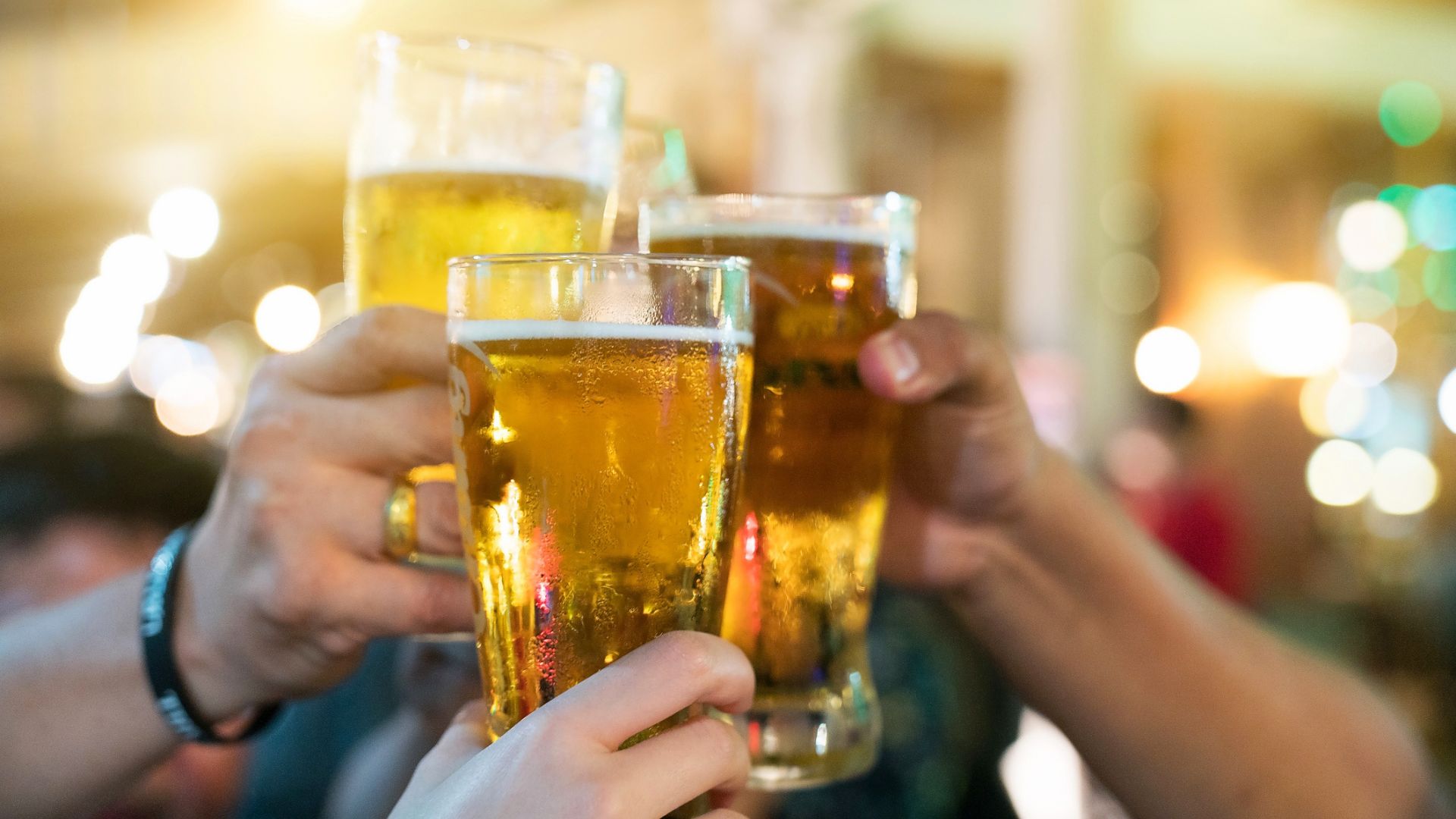
One simple way to cut back on alcohol is to stay out of 'rounds', where one person goes to the bar and buys everyone a drink. You then take it in turns so everyone in the group pays for everyone's drink at some point.
Staying out of these kinds of agreements means you'll naturally drink less as you won't feel the social obligation of having another drink - or buying more drinks - just because everyone else has.
11. Always have food with your drinks
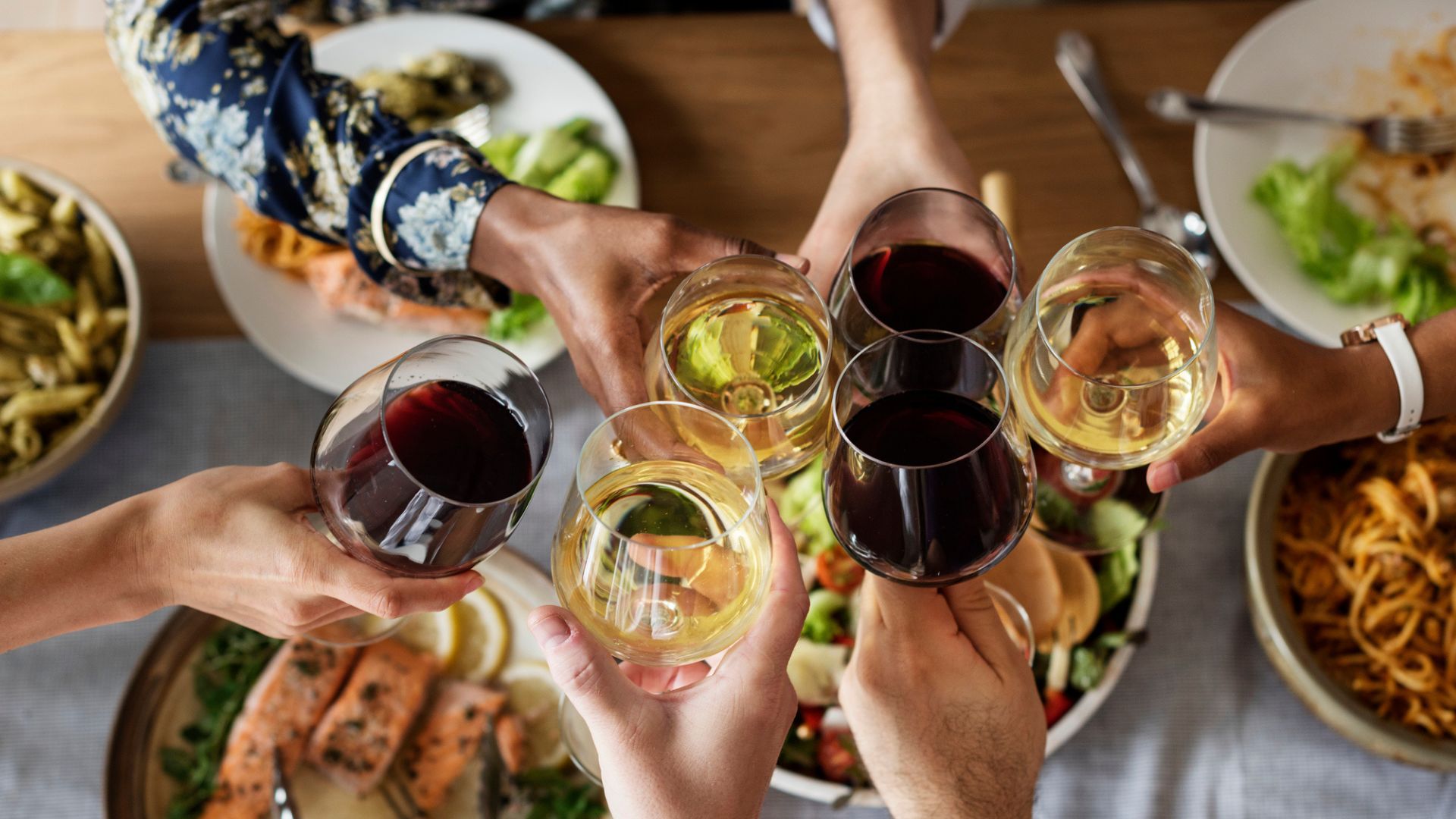
Much like food, alcohol enters the bloodstream when it gets to the stomach. The more food you have going down with the alcohol, the slower the alcohol will reach your bloodstream.
So, eating when you're drinking can have the benefit of slowing down how quickly you feel the social lubricating benefits of drinking. For some people, this is enough to reduce the number of drinks they have.
12. Don't keep alcohol in your house
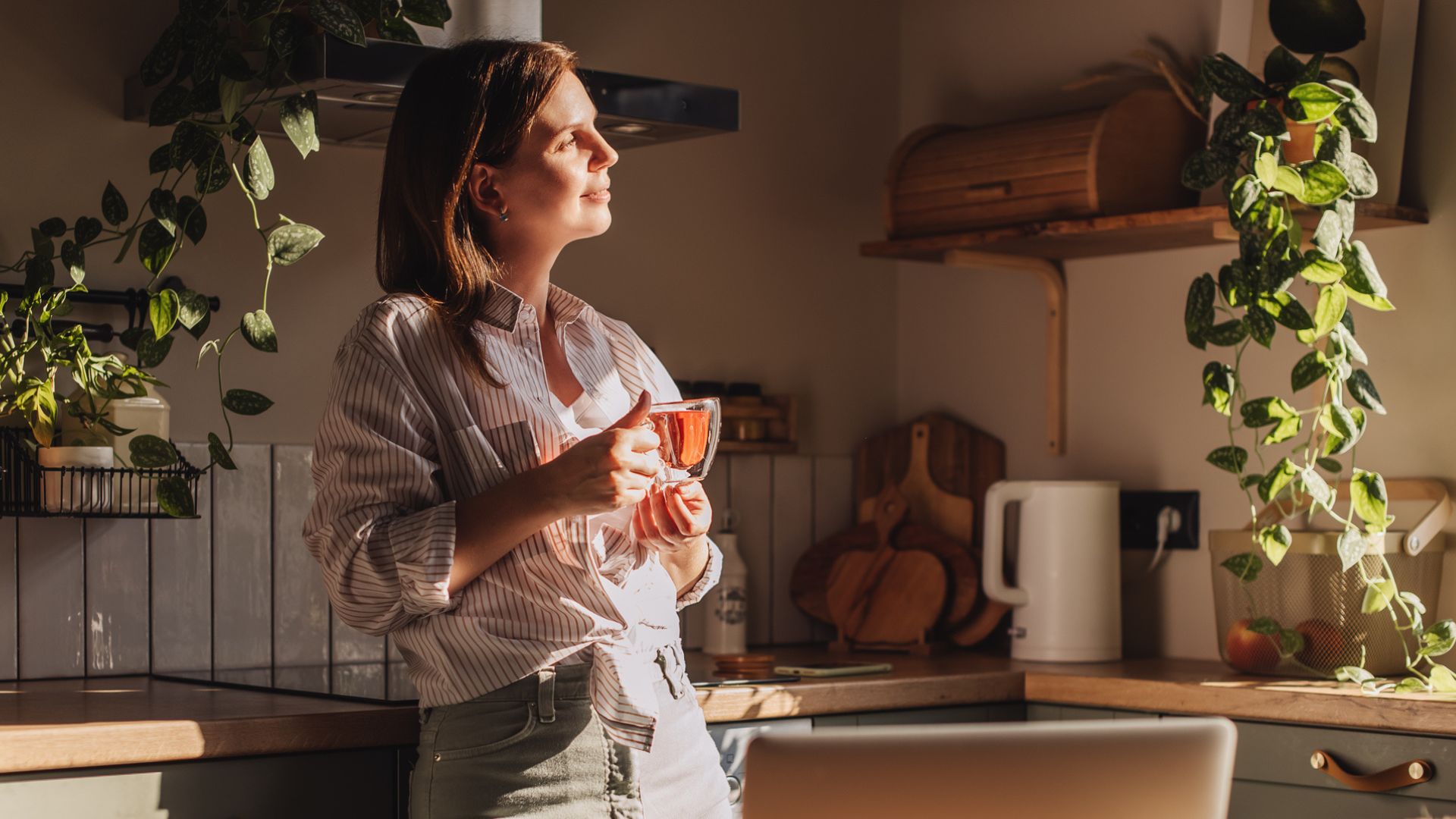
Another simple way to cut back on alcohol is to stop drinking at home. Often, drinking alcohol is a habit or a crutch more than anything else.
If you come home and there's no glass of wine to pour or beer in the fridge to open, you're not going to have anything to drink and so may not have anything at all that evening, reducing your alcohol intake for the week.
13. Drink slowly
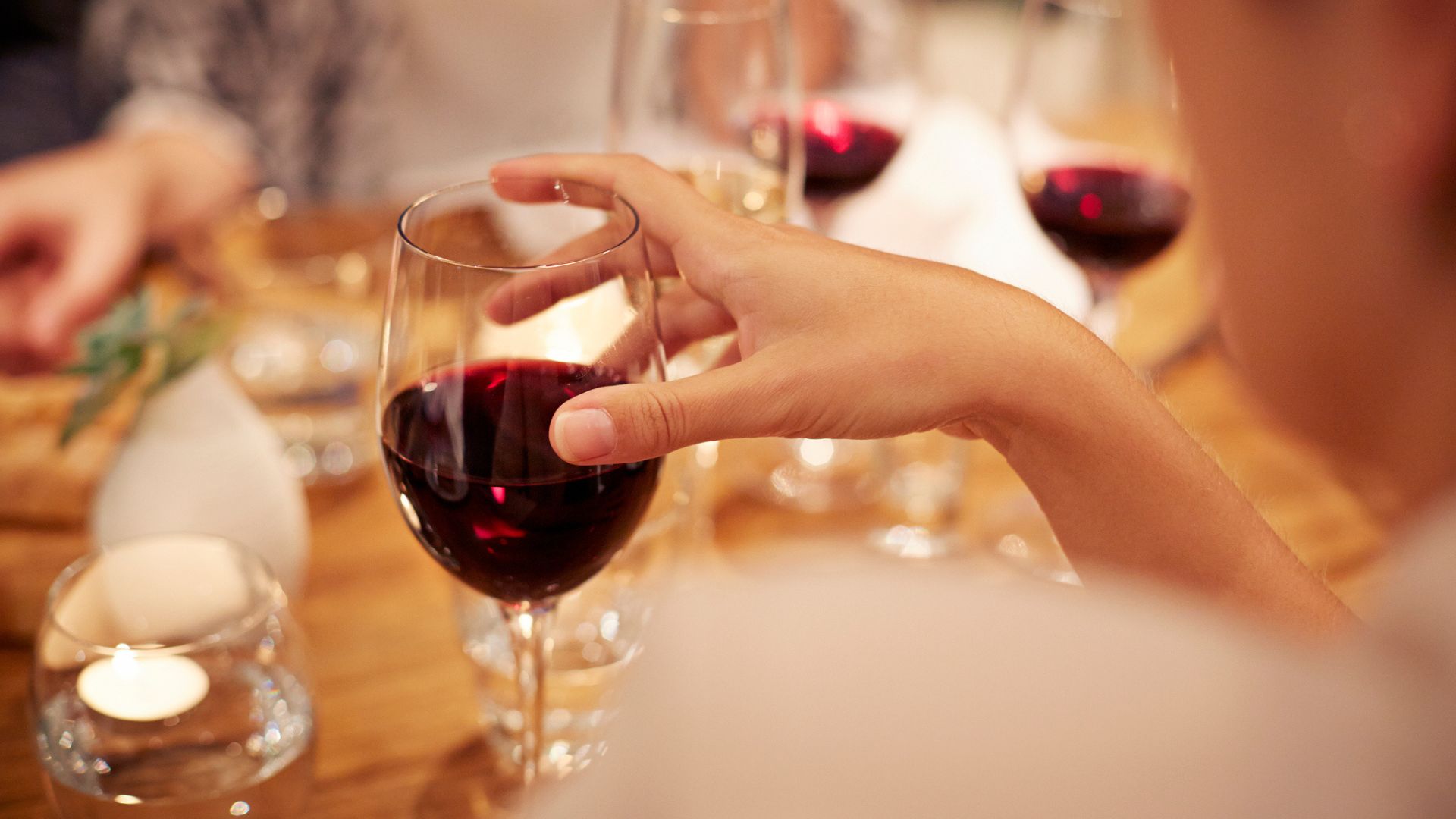
Drinking slowly is easier said than done for many people. It's very easy to get swept up in conversations and other distractions and mindlessly sip from your glass.
To start drinking slower, move the glass away from you when you've had a sip. Keeping it out of your eyeline will mean you're less tempted to reach for it out of habit, social anxiety, or boredom.
14. Keep a drinking diary
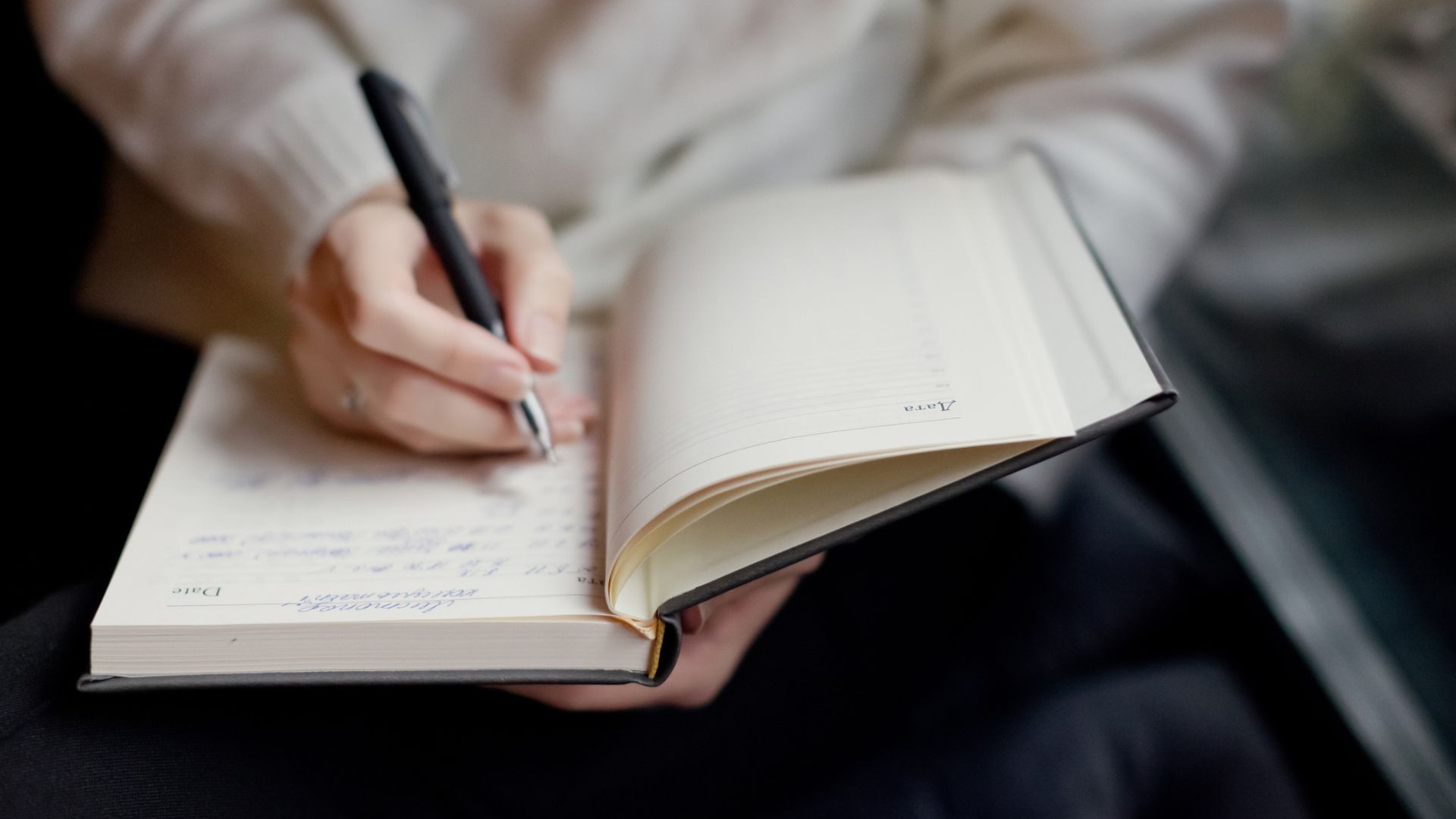
Worried you have a problem with alcohol? Keeping an honest drinking diary of how much you're consuming every week can help you take a long, hard look at your drinking habits and figure out if you need to change or ask for help.
It may also be the wake-up call you need to cut down on alcohol for good.
15. Resist peer pressure
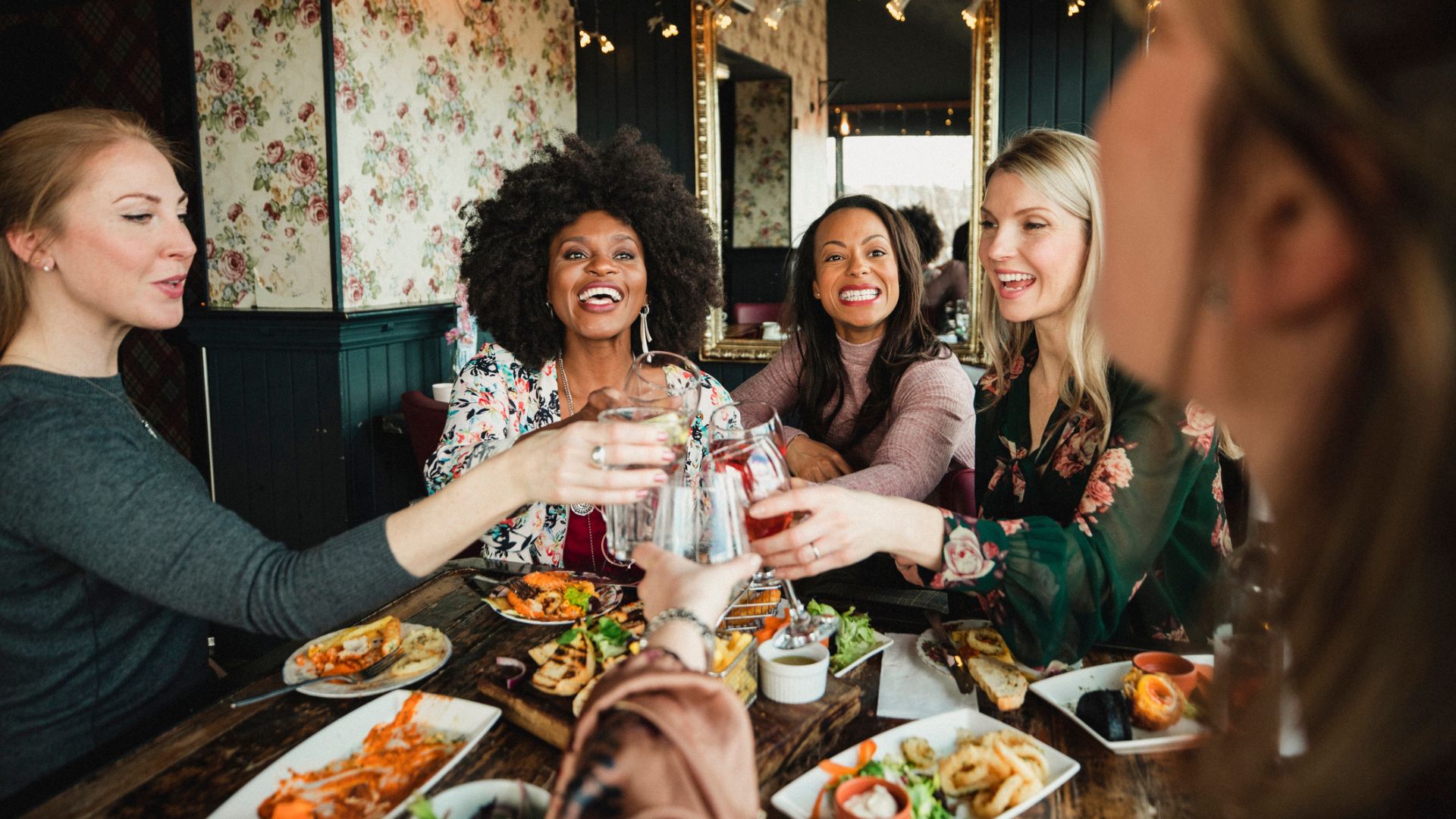
We often think of peer pressure as something that happens to children and teenagers, but it's also easy to be susceptible to it as an adult.
Picture the scene: you're out with friends, someone offers you a drink and you go to shake your head no, but others around you are encouraging you to take the drink as they are drinking too. They suggest that it's perfectly fine to 'just have another one' or even imply that you're 'boring' if you don't take the drink.
Even as an adult, it's normal to be influenced by what your friends and loved ones think so you may have to work hard to resist the peer pressure.
16. Stay busy

If you find yourself reaching for a drink out of habit, it may be time to look at your schedule. While taking on more work or making more plans shouldn't be done absentmindedly, given the risk of burnout for many adults these days, having a new task or project to work on that involves bettering yourself or helping others may distract you from drinking.
When you have deadlines to meet or people you can't let down, you have more at stake, so you may be less likely to have a few drinks.
17. Have an early morning plan

No one likes having a hangover but everyone dislikes having to get up and go out early in the morning with a hangover even less. So, make this your plan whenever you have an evening planned when you want to drink less.
Book an early-morning Pilates class, agree to meet a friend for a walk, or book a table at a sought-after brunch restaurant. The early start and accountability will keep you from having that one extra glass of wine.
18. Stay committed
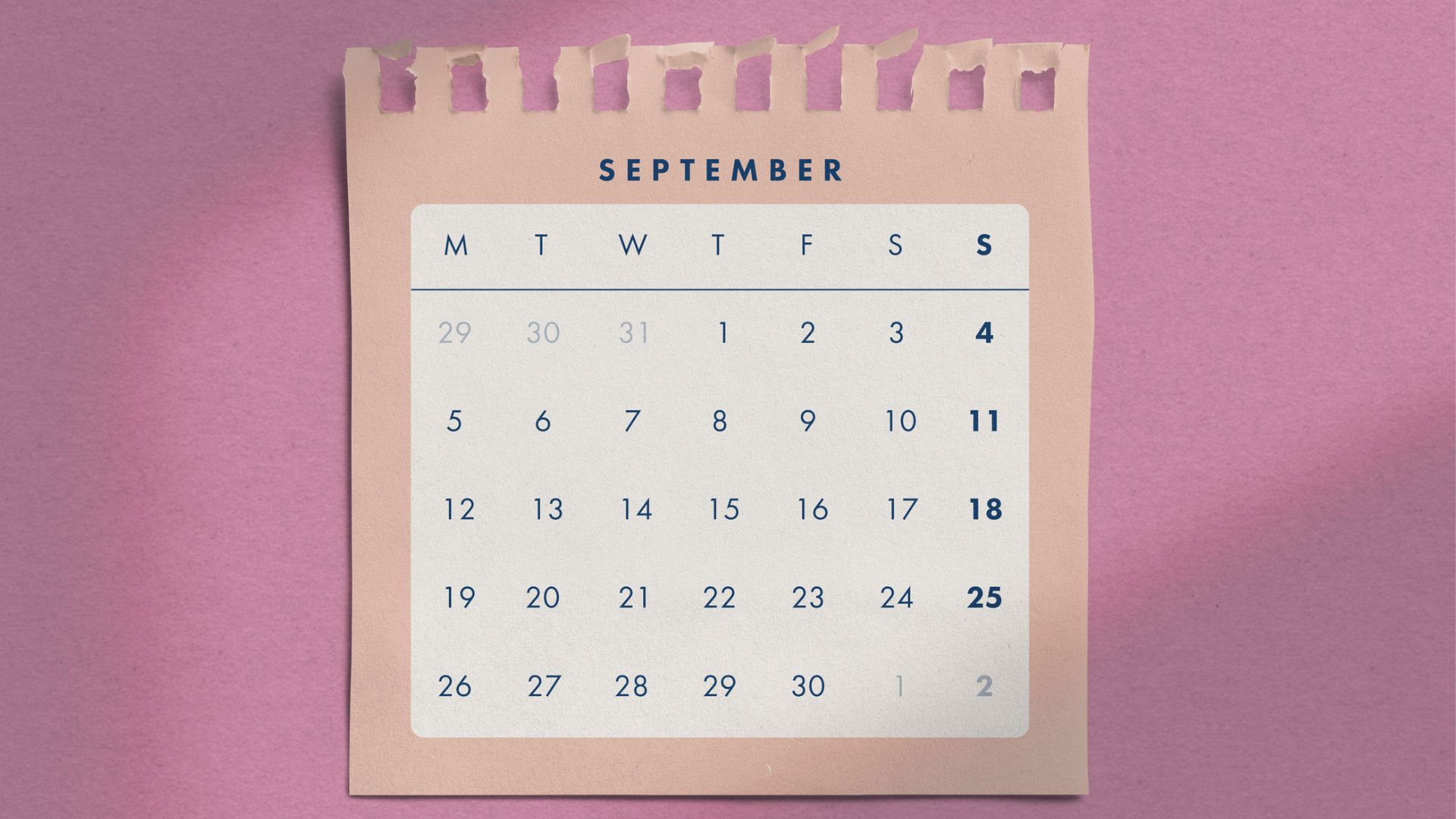
Once you have tools you know work to help you drink less alcohol, it may be a case of simply agreeing to stick to the plan. Many neuroscientists and behavioural specialists say that one way to boost self-confidence and self-esteem is to value the promises you've made to yourself.
If you have said that you're going to stop drinking alcohol in the same way, keeping that promise should be a priority, for your mental wellbeing as well as physical health.
19. Do some exercise
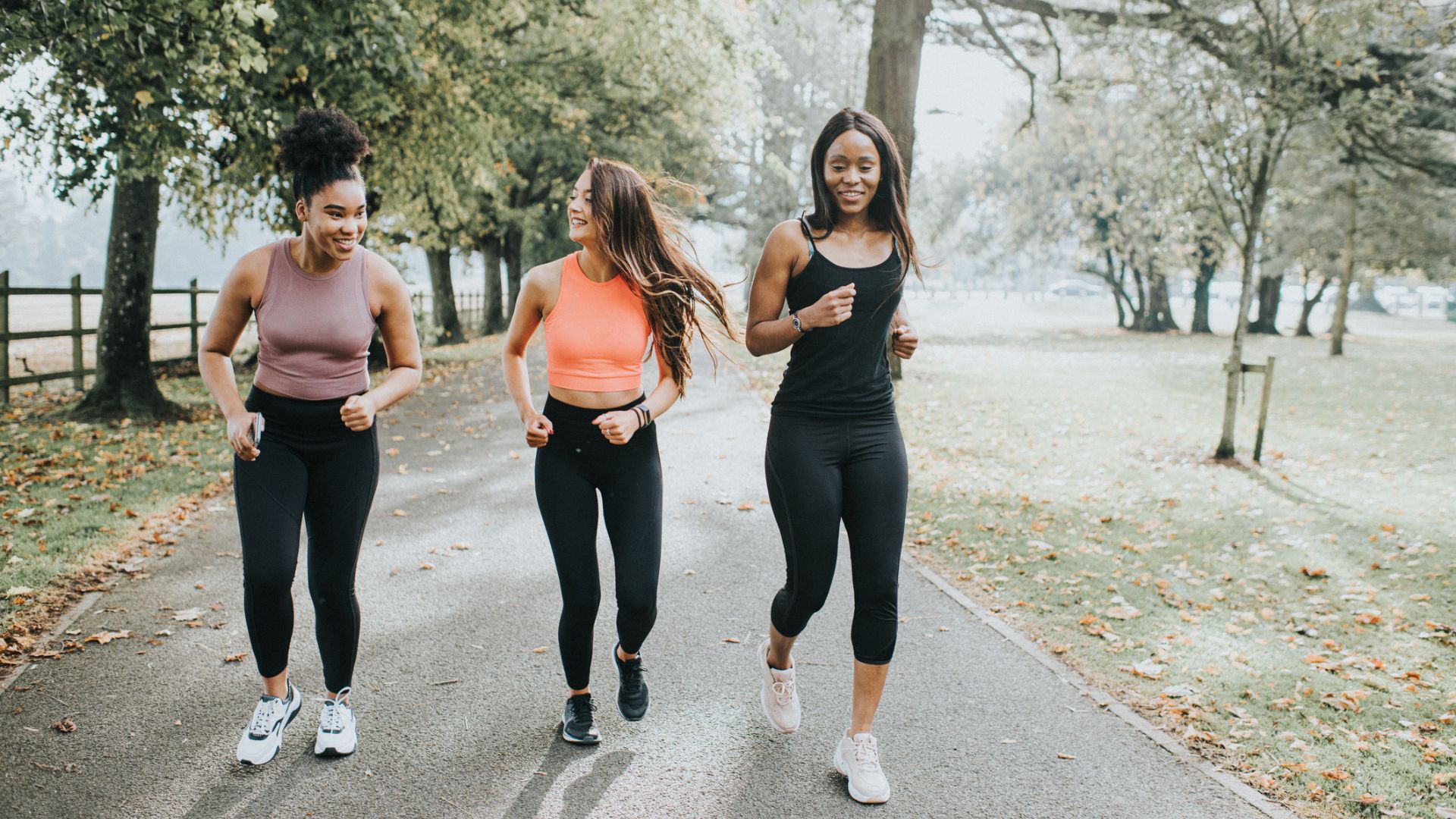
Research from Loughborough University shows that just 10 minutes of exercise can kick a craving for alcohol. So, the next time you want to have a drink but weren't planning to, head out for a short burst of exercise.
The study and others like it suggest that both aerobic exercise (i.e. running, HIIT, walking, cycling, and hiking) is just as effective as yoga and low-impact exercise.
20. Change up your wind down routine
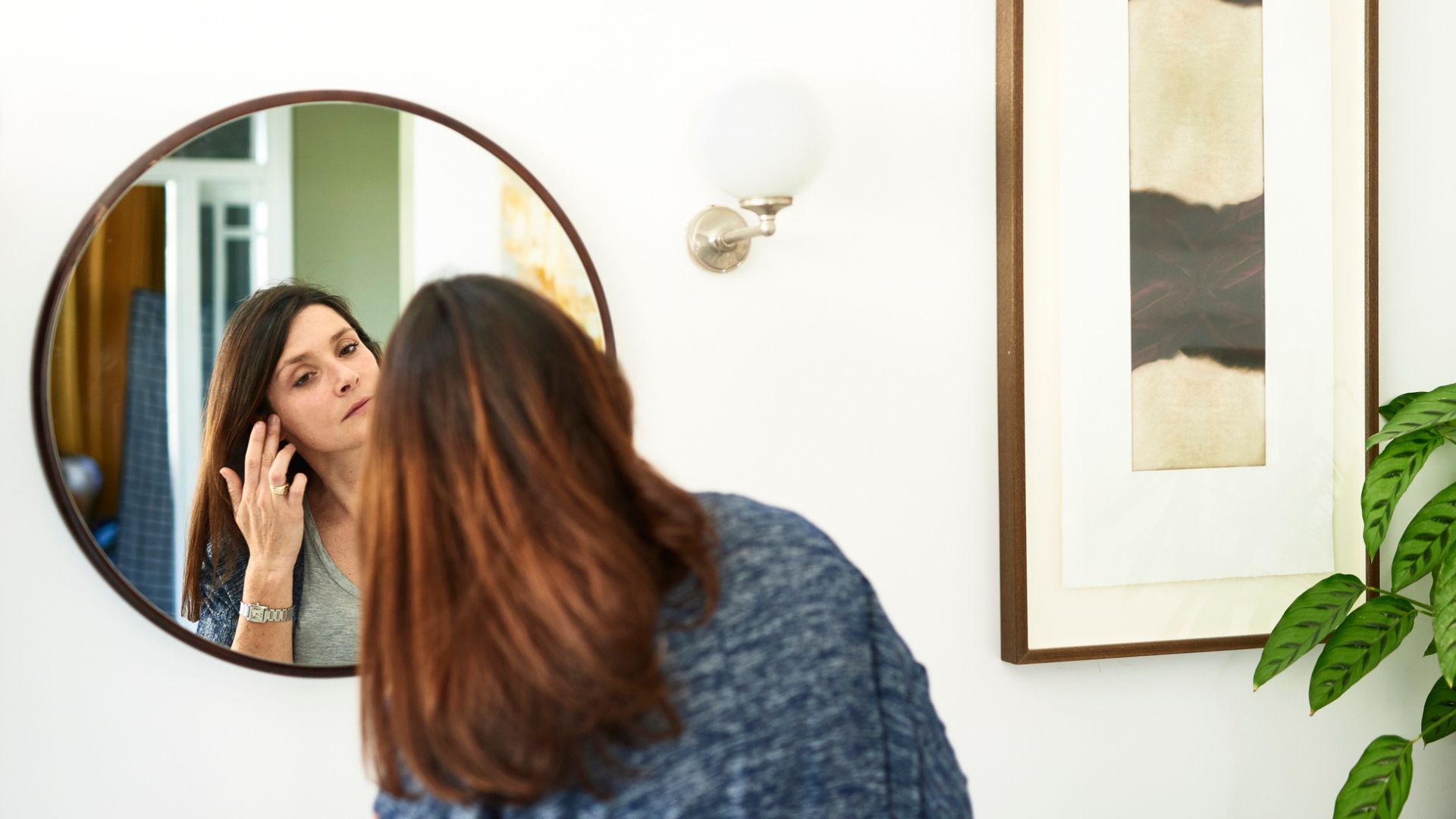
For many people, drinking is a habit that's hard to shake and it's a habit that tends to manifest in the evenings in the hours before bed. If a 'nightcap' is a common occurrence for you and you are looking to cut back on your alcohol intake, change up your routine to exclude this from your list of nightly activities.
Instead, wind down with a herbal tea or warm, non-alcoholic beverage, and try a new wind-down activity like bedtime yoga or reading.
21. Don't cut back on too much at once
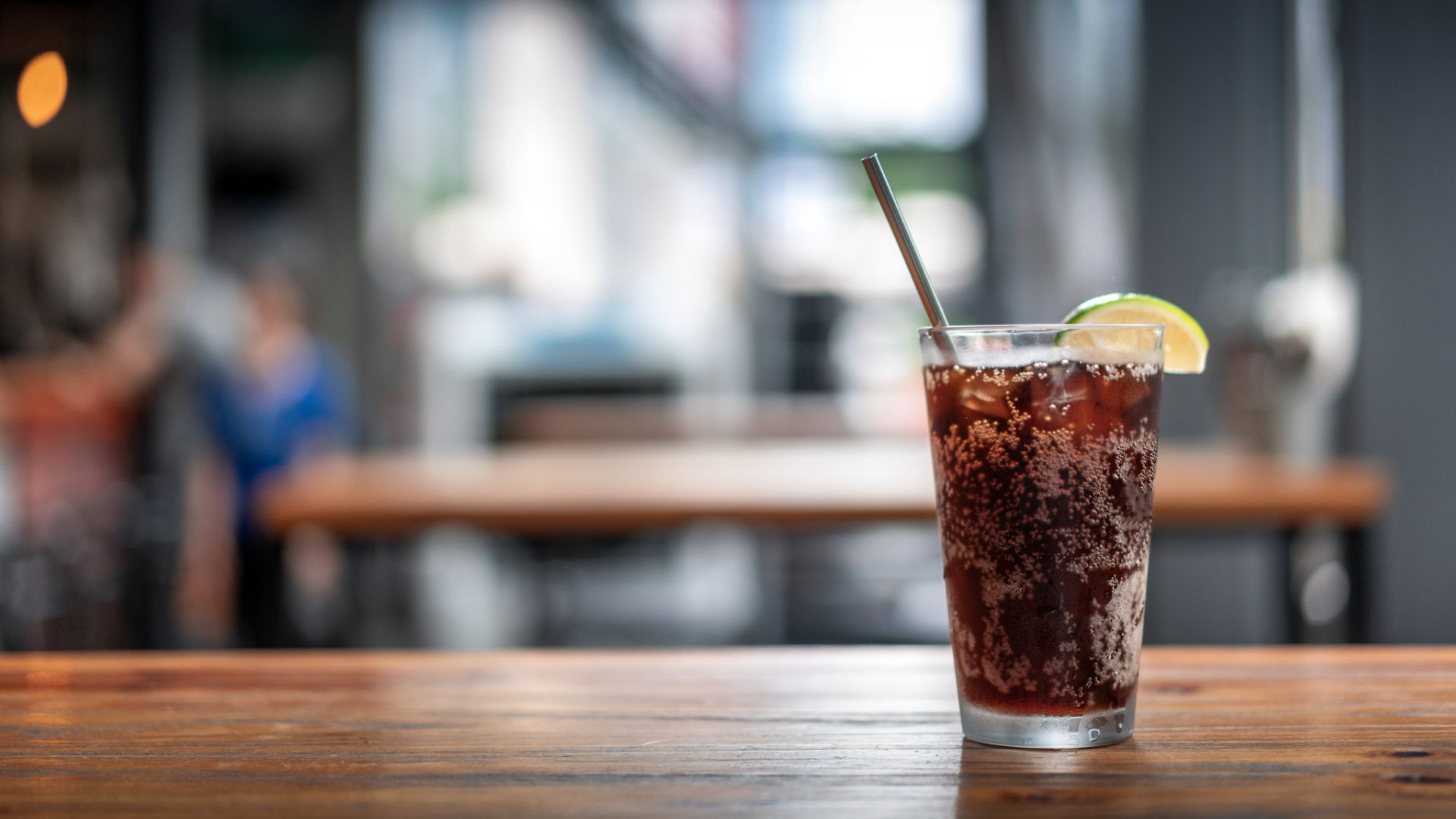
If your plan to cut back on drinking coincides with your plan to stop smoking, stop drinking fizzy drinks, eat fewer processed foods and lower your daily screen time, you may need to reconsider.
Giving up or cutting back on just one or two of those is hard enough, especially if it's a regular habit and one you rely on so take it one step at a time.
22. Wait between drinks

A simple trick to lower the number of drinks you have in an evening is to wait longer between them, whether you're at home and delaying the trip from sofa to kitchen or out at a restaurant or bar.
Setting yourself a boundary of one drink every hour, for instance, is a great way to reduce the number you have over an evening and better enjoy the drink you currently have.
23. Practice mindful drinking
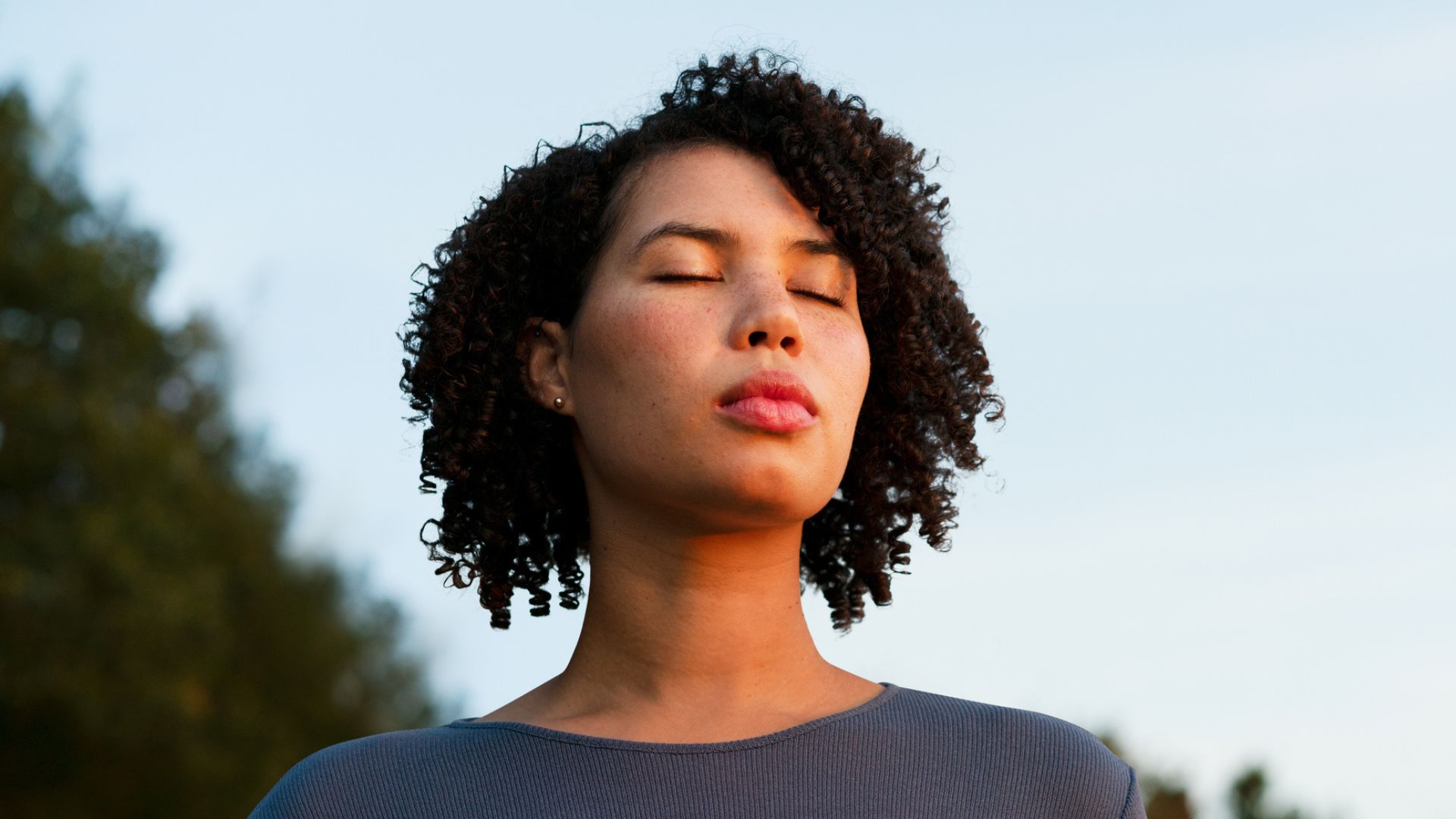
Mindful drinking is the active practice of being aware of how much you drink and why you drink. If you're looking to cut down on drinking, it's a good practice to get into as it encourages moderation and balance over tee-totalism.
Other ways to start practising mindful drinking include: savouring your drink, deciding how much you want to drink in advance, removing your triggers, and pausing between drinks.
24. Dilute your drinks
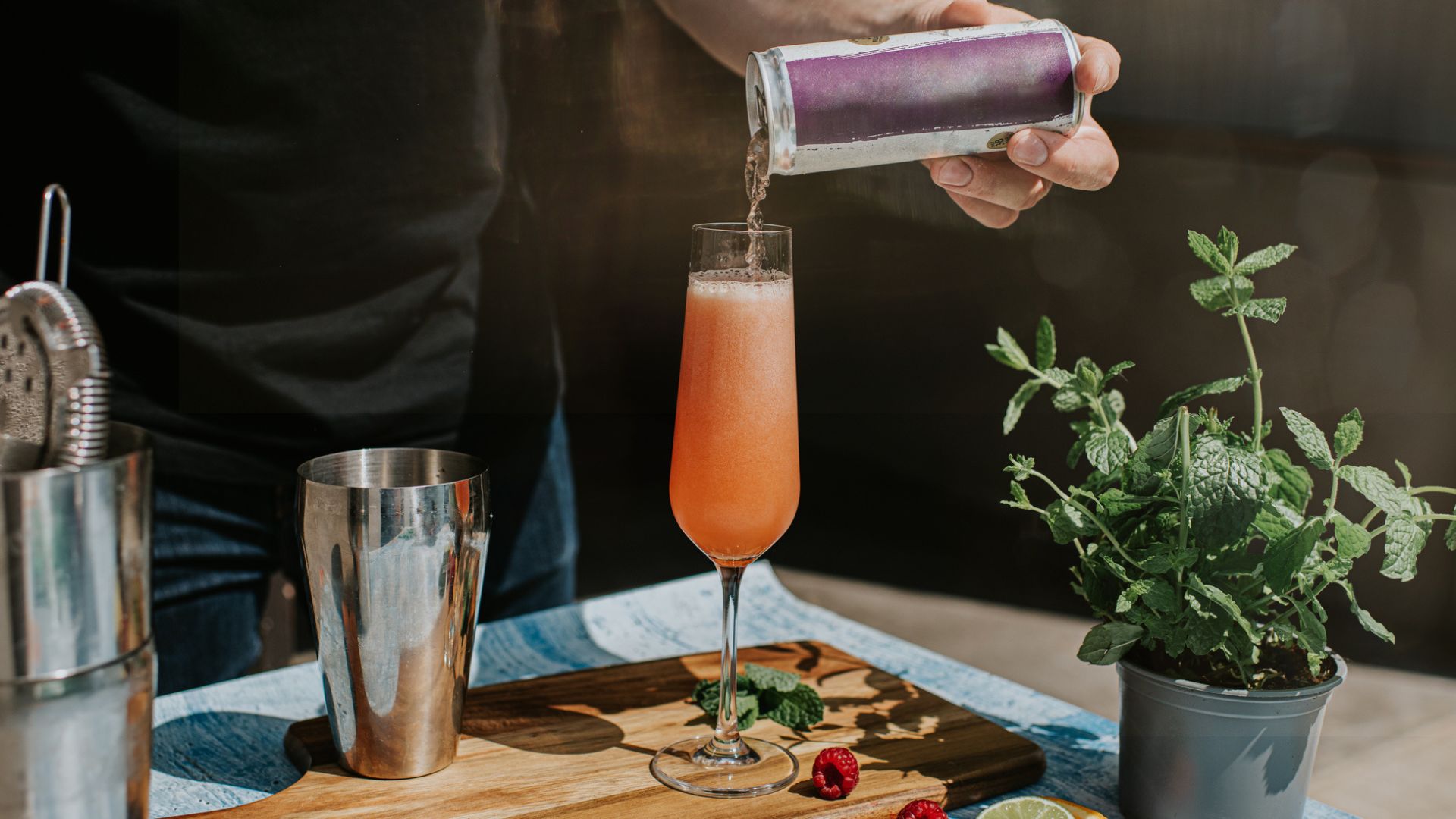
Another easy trick to drinking less without really changing your experience is to dilute your drinks, swapping out some of the alcohol for a soft drink.
This could mean ordering a shandy at the bar instead of a beer or topping up your wine with sparkling water - or even cola. Trust me, it's a thing.
If you're a fan of cocktails, it's even easier. For example, if you like an Aperol Spritz, switch out some prosecco or liquor for more soda water.
25. Find alcohol-free activities
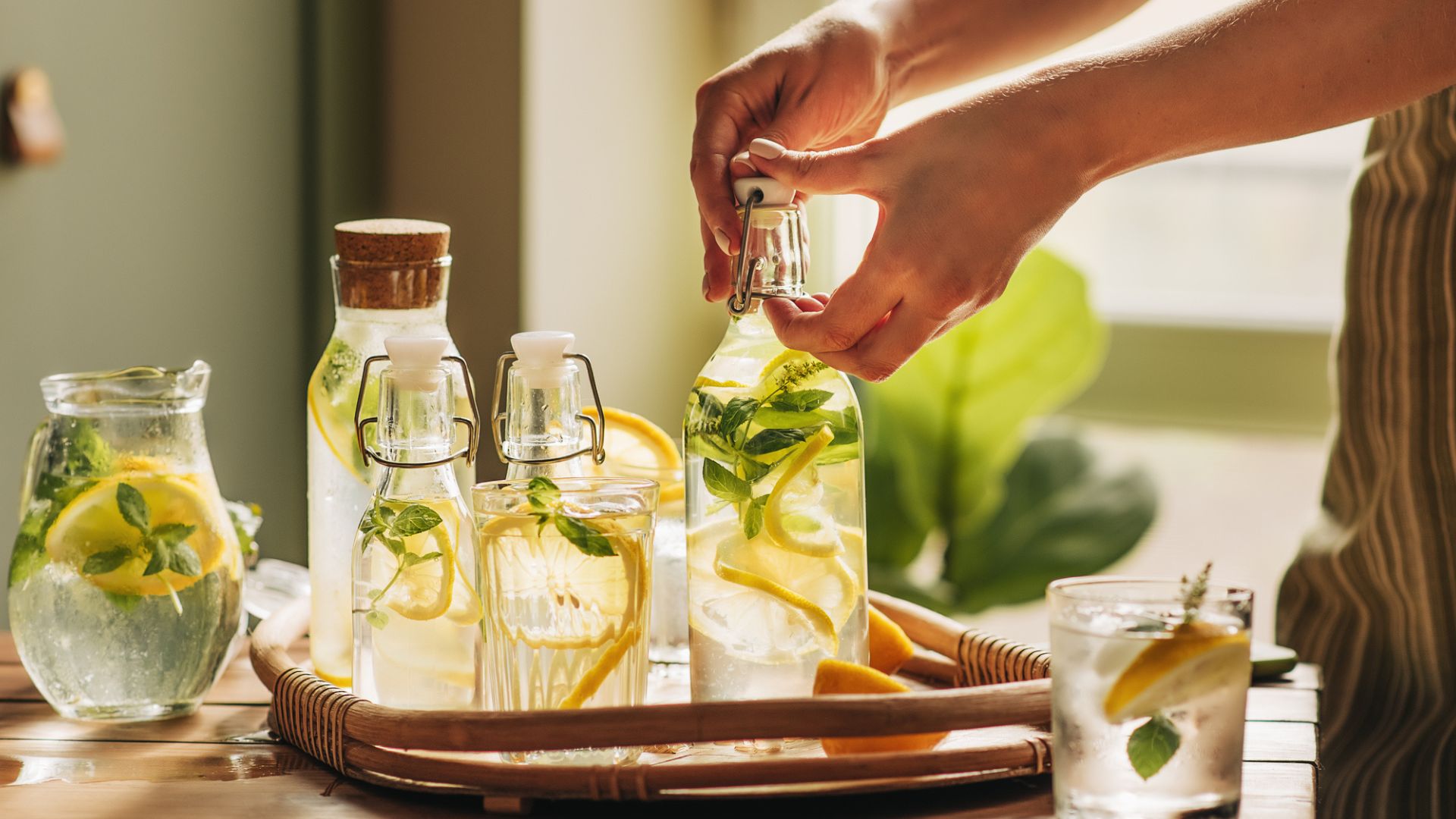
If you're looking to drink less, one easy way to do this is to drink something else instead. But this can be harder than it sounds, given the way society and social occasions tend to value alcohol.
With the rise of the sober curious movement, however, has come more investment in alternatives and alcohol-free drinks that taste and look as good as the real thing. You might even like them more than the original as many top liquor brands and beer companies now produce their drinks in alcohol-free varieties.
26. Avoid shops that sell alcohol
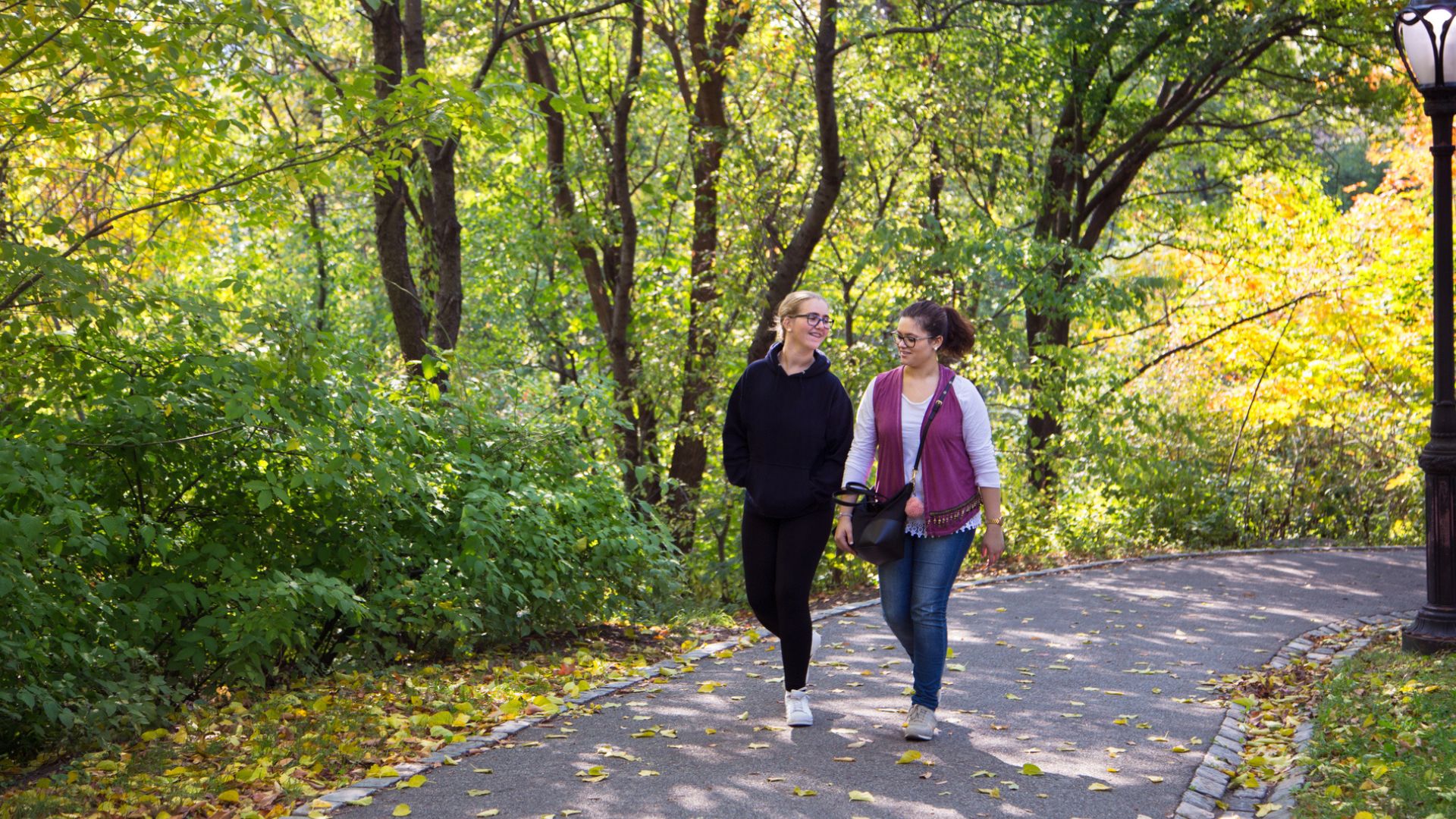
Avoiding shops that sell alcohol on your way home from work is one way to drink less, especially if you're in the habit of opening a bottle of wine at home a few times a week.
As the saying goes: out of sight, out of mind.
If you need to go shopping in a supermarket, avoid sections that sell alcohol.
27. Buy your own drink

It's a good idea to stick to buying your own drinks if you're looking to drink less. That means staying out of buying 'rounds' - where one person goes to the bar and buys everyone a drink in turns - and buying your own drink if you're out with just one friend.
It'll encourage you to think mindfully about what you actually fancy having to drink, rather than defaulting to what you always have or what they are drinking.
28. Have your reasons ready
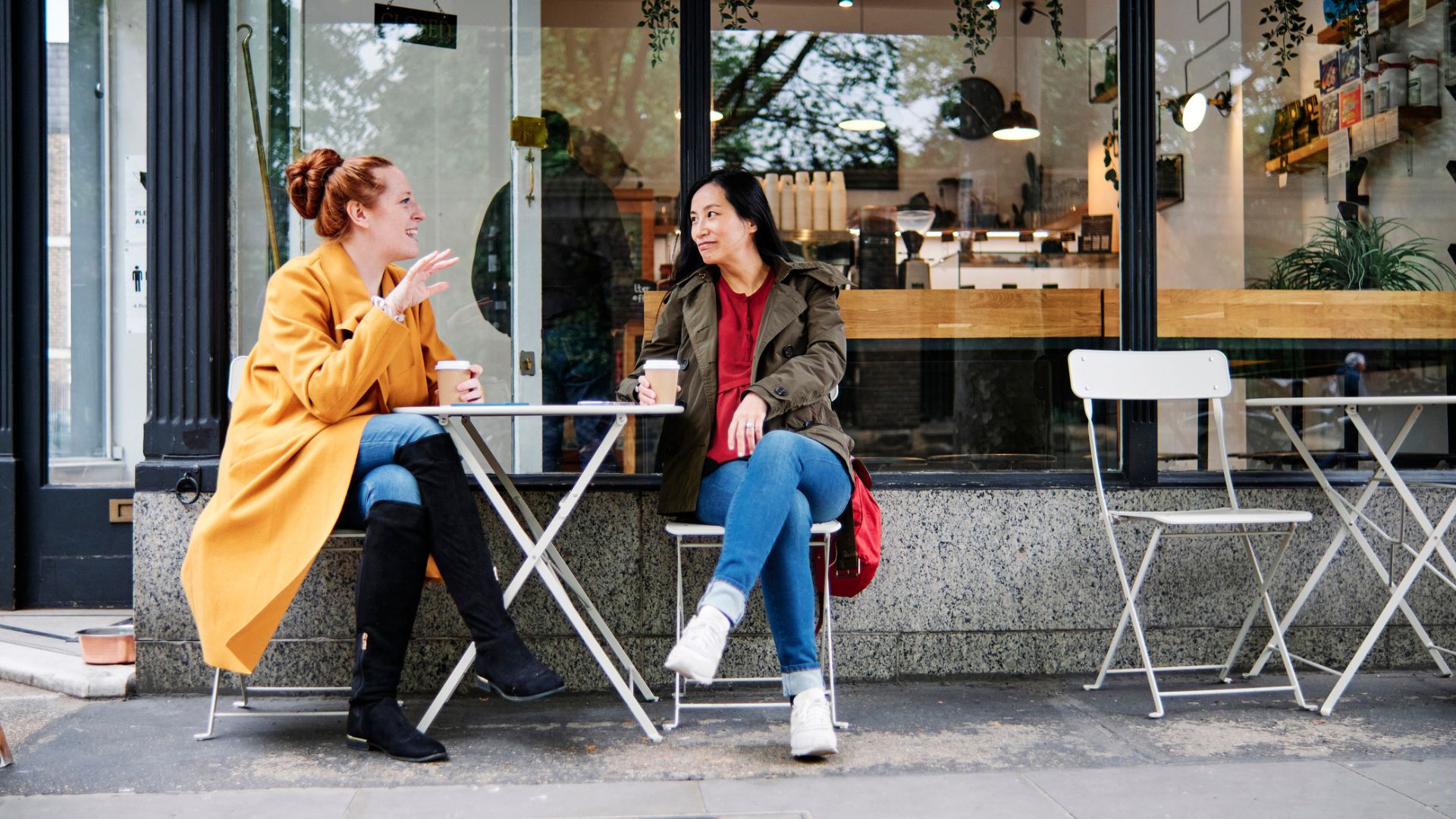
Some people can feel affronted if their regular drinking friend turns down another glass of wine, or gin and tonic. While it shouldn't be necessary, it is useful to have a few 'excuses' on hand as to why you're not drinking or refusing another drink.
That way, you won't feel the social pressure to have a drink even when you don't want one and you'll have to be accountable for your excuse. If you've said you're getting up early in the morning so you can't drink, you can't turn around and have a few drinks later on in the evening.
29. Think in units not drinks
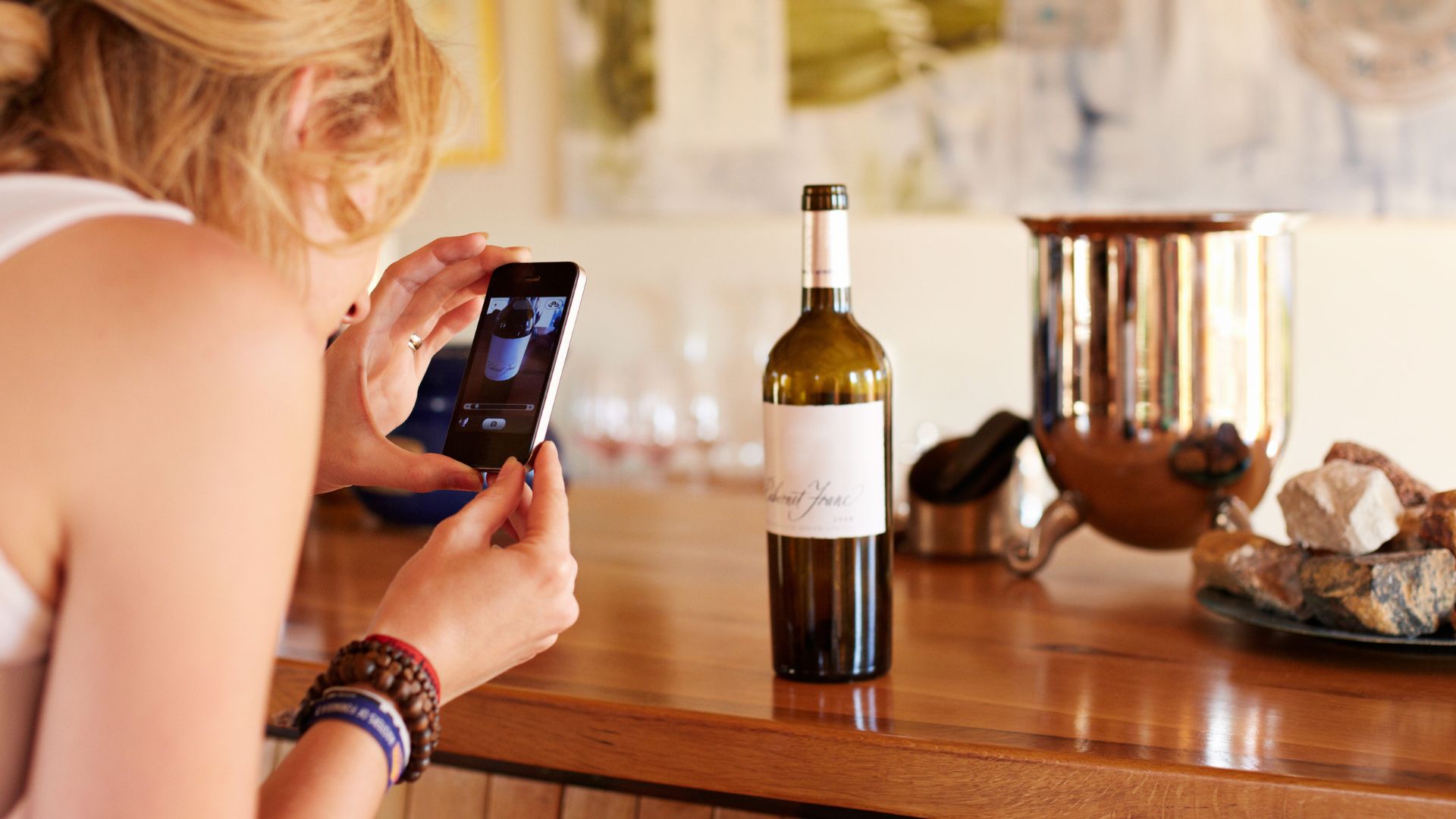
We typically think of drinks in glasses and millilitres but thinking of alcohol in terms of units can be a useful way to keep track of how much you're drinking.
One unit is around 10ml or 8g of pure alcohol, which is about the amount an average adult can process in one hour, according to the NHS. 14 units is the maximum recommended intake for men and women in the UK, which is equivalent to six pints of beer or 10 small glasses of wine.
30. Pace yourself

Thinking about how many drinks you have in terms of timing is a good way to drink less. If you commit to pacing your drinking, you'll have fewer drinks throughout the night as you won't have accidentally drunk your first one or two quickly and need to head to the bar for another.
A useful trick for pacing is to have one glass of water or a non-alcoholic drink between alcoholic drinks.
31. Think about the hangover
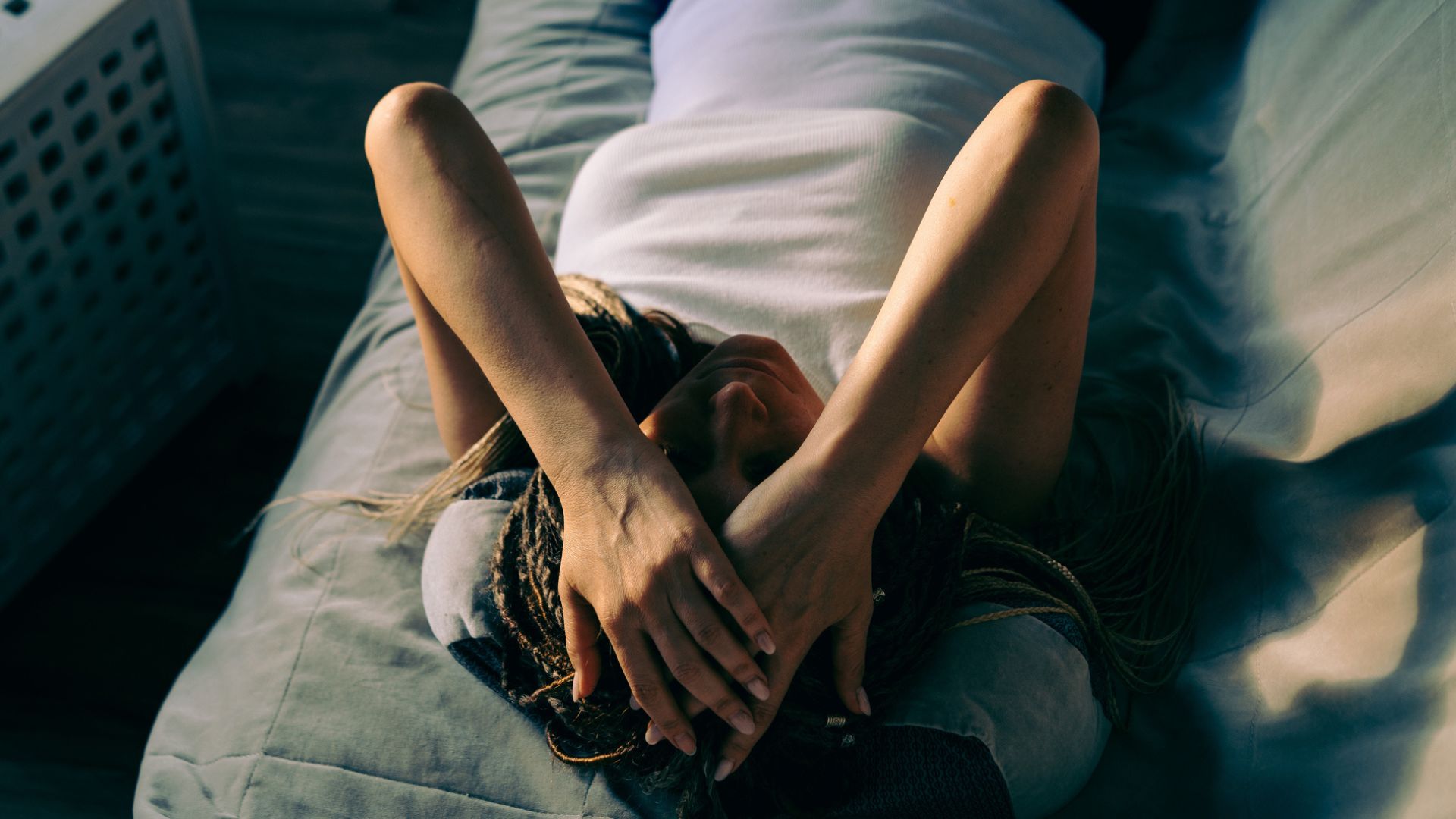
For many people, the idea of a hangover is not a fun way to spend a day - or waste a day. If you want to cut back, think about all the things a hangover has forced you to miss out on in the past. Whether that's physically - i.e. missing brunch with friends because you can't get out of bed - or mentally, like when you've not felt quite yourself at work the morning after drinking one too many.
32. Ask for help
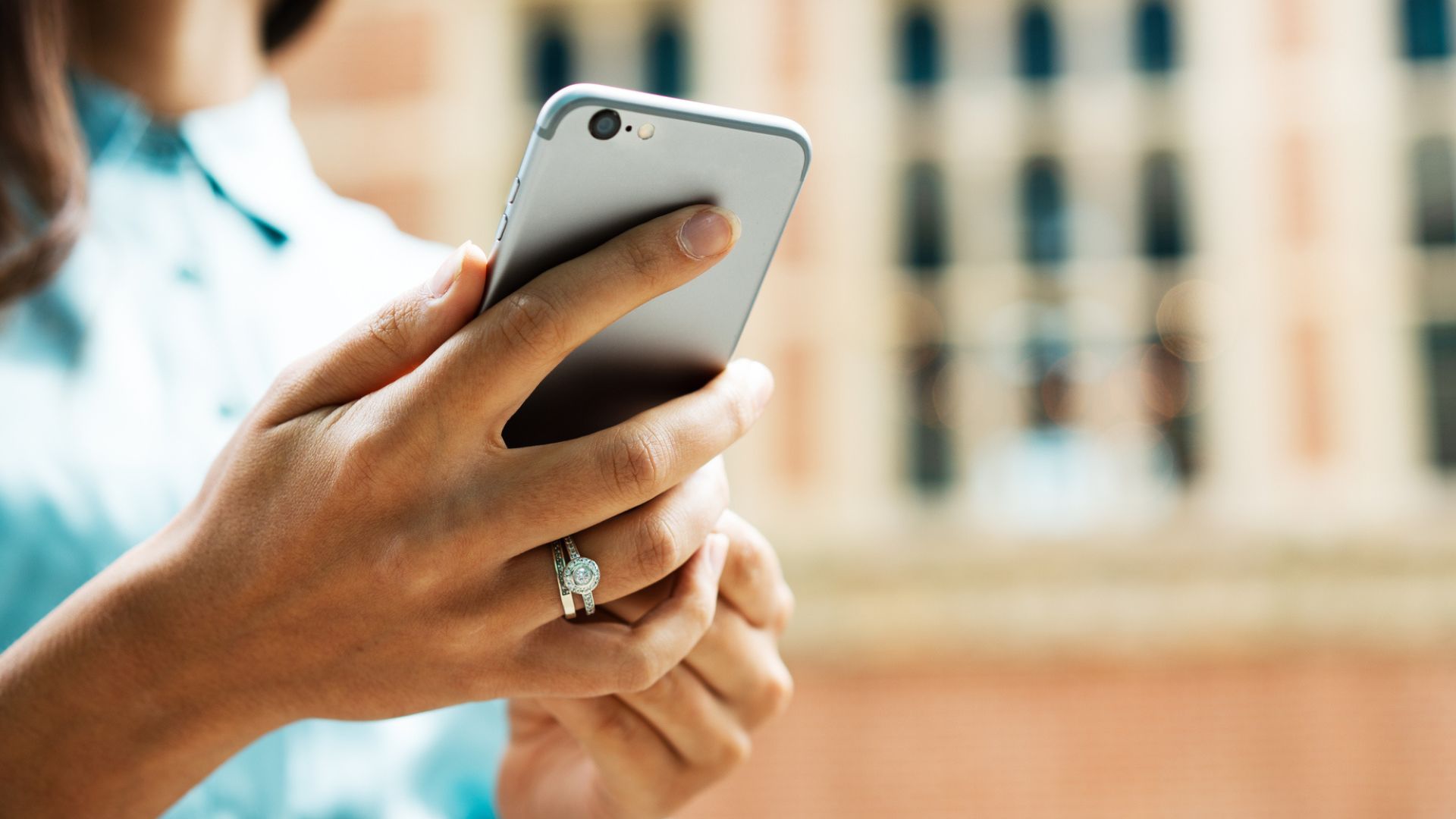
Alcohol is an addictive substance and research suggests that there is actually no totally safe amount for humans to drink. If you think you have a drinking problem that goes beyond having one too many once in a while and you're struggling to cut back using standard methods, it's worth reaching out for help.
Speak to your doctor or reach out to a charity like Alcohol Change UK.

Grace Walsh is woman&home's Health Channel Editor, working across the areas of fitness, nutrition, sleep, mental health, relationships, and sex. She is also a qualified fitness instructor. In 2025, she will be taking on her third marathon in Brighton, completing her first ultra marathon, and qualifying as a certified personal trainer and nutrition coach.
A digital journalist with over seven years experience as a writer and editor for UK publications, Grace has covered (almost) everything in the world of health and wellbeing with bylines in Cosmopolitan, Red, The i Paper, GoodtoKnow, and more.